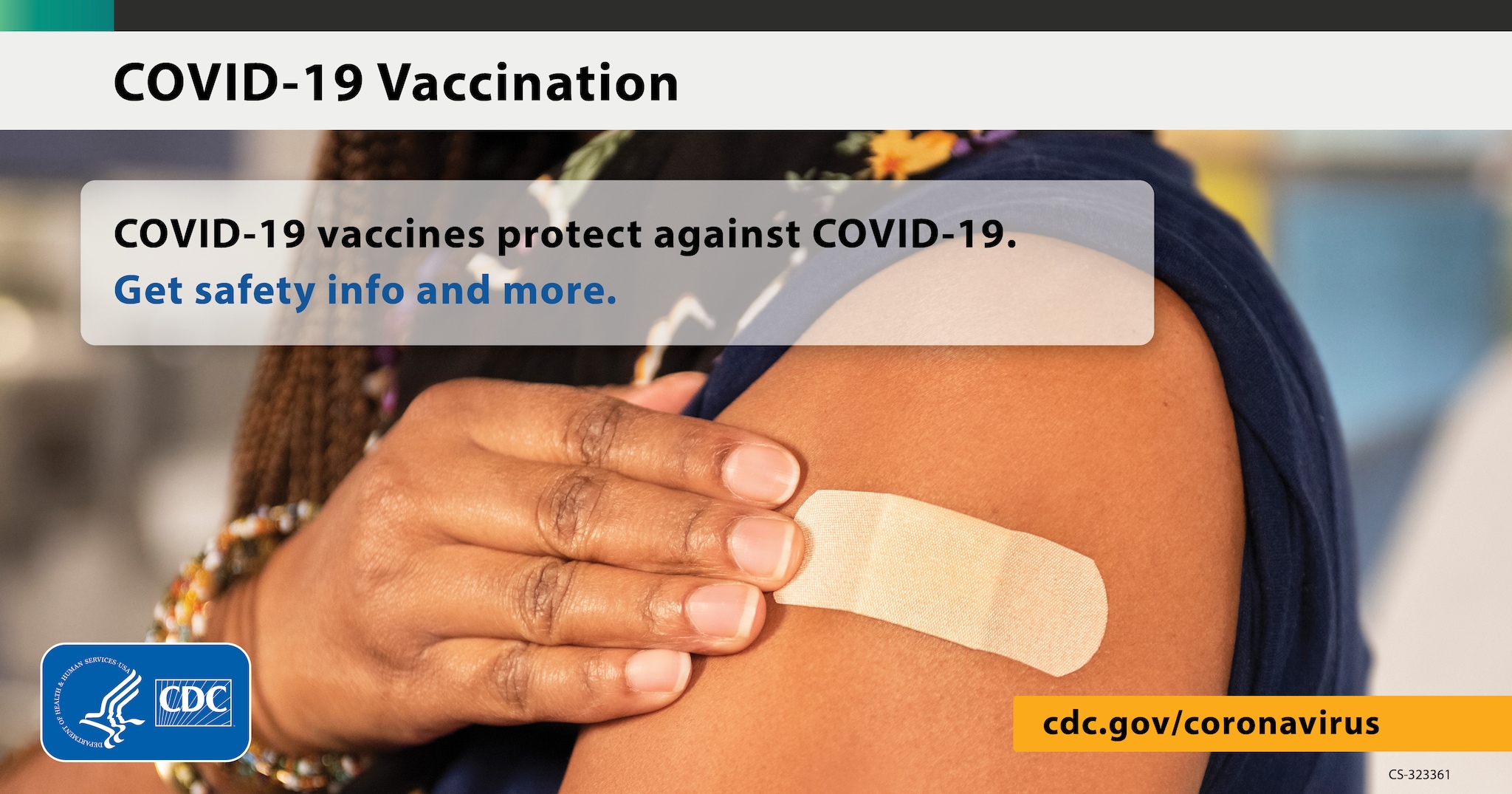
What you need to know
- The CDC is conducting surveys among patients (or their parents or guardians) and health care providers, with the goal of obtaining information about myocarditis after receiving the COVID-19 mRNA vaccine.
- The CDC is contacting people who meet the criteria for defining a case of myocarditis following the application of the mRNA vaccine against COVID-19.
The CDC is actively investigating reports of people who reported having myocarditis (inflammation of the heart muscle) after receiving the mRNA vaccine against COVID-19 (Pfizer-BioNTech or Moderna). Most of these people are fully recovering, but no information is yet available on the possible long-term effects. Understanding the long-term health effects is critical to explaining the risks and benefits of COVID-19 vaccination to the public, as well as providing information for clinical guidelines.
Therefore, the CDC is conducting surveys among patients (or their parents or guardians) and health care providers, with the goal of obtaining information about myocarditis after receiving the COVID-19 mRNA vaccine. . These surveys will help the CDC learn more about the health effects of myocarditis after the COVID-19 vaccine and understand the relationship between myocarditis and the COVID-19 vaccine.
How to participate in the survey
The CDC is contacting people who meet the criteria for defining a case of myocarditis following the application of the mRNA vaccine against COVID-19. To meet the case definition requirements, patients must have had:
- symptoms such as chest pain, difficulty breathing, and a feeling of fast heartbeat or palpitations i
- medical examinations that support the diagnosis of myocarditis and rule out other causes.
To be eligible to participate in this survey, at least 90 days must have elapsed since the onset of myocarditis symptoms.
People can receive a letter or phone call from the CDC with an invitation to participate. You will be asked about your myocarditis and your medical history. The privacy of responses and personal information will be maintained to the fullest extent, in accordance with applicable laws. If the patient is a minor, their parent or guardian will be invited to participate in their representation.
How did they get my CDC contact information?
The CDC obtained its contact information from the Vaccine Adverse Reaction Notification System, (VAERSexternal site icon), Which is a secure system that contains the information needed to be able to monitor patients and see how they recover after suffering a serious adverse reaction to vaccination. The United States Food and Drug Administration (FDA) demands that health care professionals report certain serious adverse reactions and hospitalizations through VAERSexternal site icon post-vaccination against COVID-19.
How does the CDC use my information?
The information you provide will contribute to what we already know about the safety of COVID-19 vaccines. The details of personal information that could identify you will be kept private and your case information will be combined with the information of other participants. We will use the combined information to train health care professionals and inform the public about the safety of COVID-19 vaccines. In addition, the CDC and the FDA will use this information as a guide to publish recommendations on the safe use of COVID-19 vaccines.
In your case and that of others who suffered myocarditis after receiving an mRNA vaccine, the scientists will analyze the health effects, for example:
- Changes in your health, ability to physical activity or quality of life
- How your heart recovers from myocarditis
How will the CDC protect my information?
Your name and any information that identifies you will not be included in any report. The privacy of your responses and your personal information will be maintained to the fullest extent possible in accordance with applicable laws. The CDC follows strict security measures to protect the privacy of your personal information.
Why does the CDC contact my health care provider?
Having information about the medications you are taking and the results of your tests gives us a more complete picture of your health after myocarditis. Your healthcare provider can give us this information, which is important in order to better understand myocarditis cases after COVID-19 vaccination.
How to report health problems after vaccination
You or your healthcare professional can report any adverse reaction or health issues following vaccination against COVID-19 to VAERS, via an online form.external site icon or a PDF formexternal site icon. The FDA demands to health care professionals who report certain adverse reactionsexternal site icon which occur after the administration of the COVID-19 vaccine, however anyone can send a report to VAERS, even you. VAERS notifications are important for understanding safety-related aspects of COVID-19 vaccines as more people receive it over time. For help submitting reports to VAERS, email [email protected] or call 1-800-822-7967.